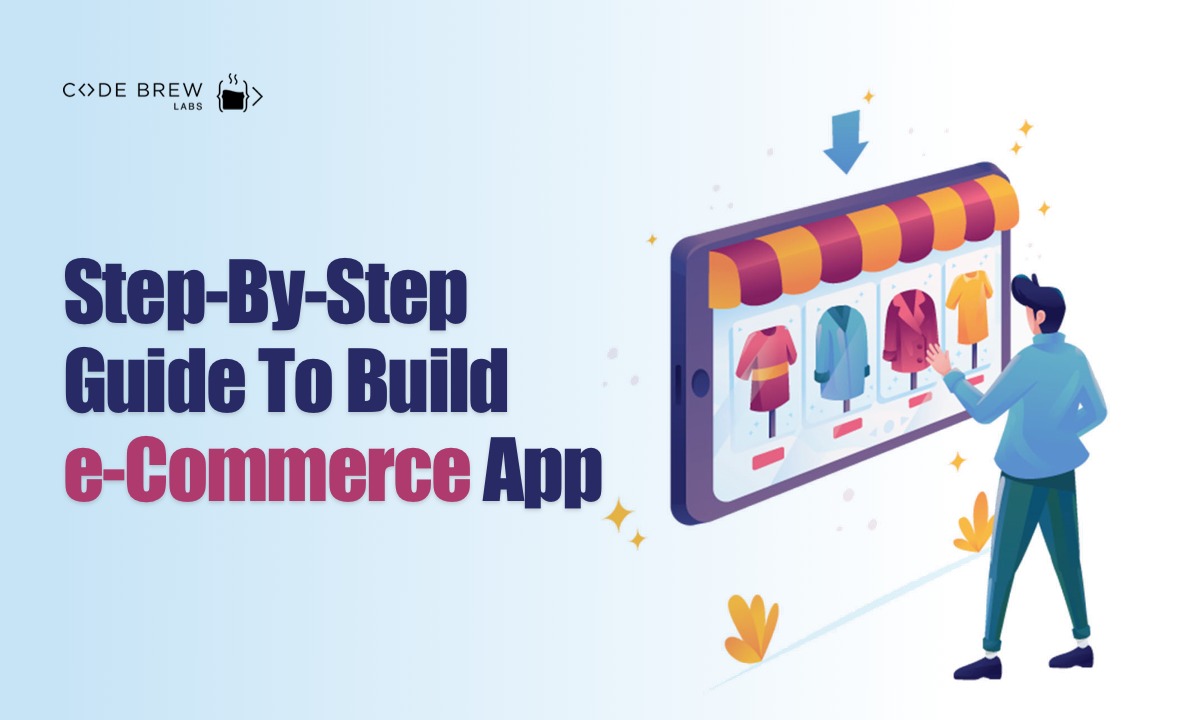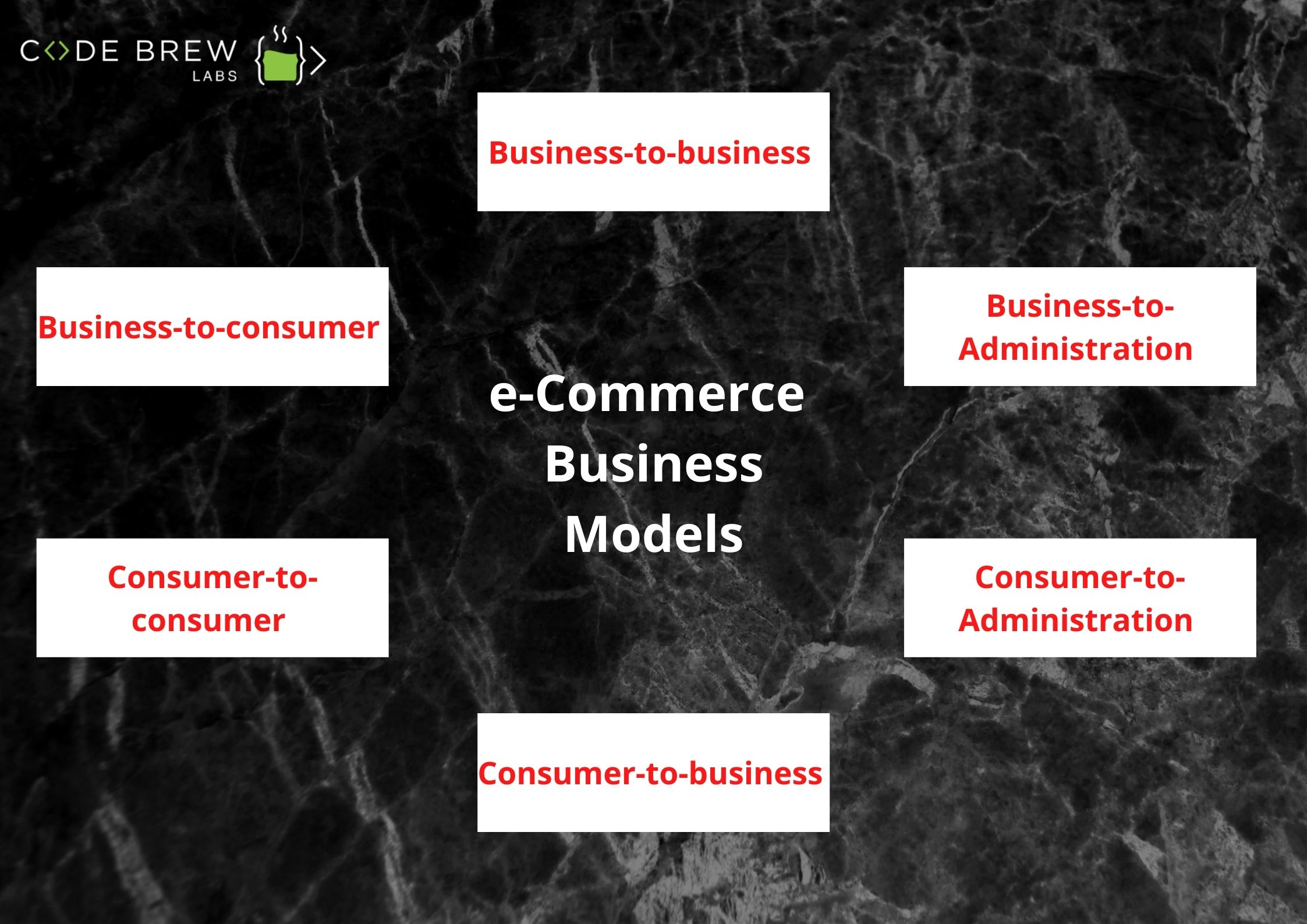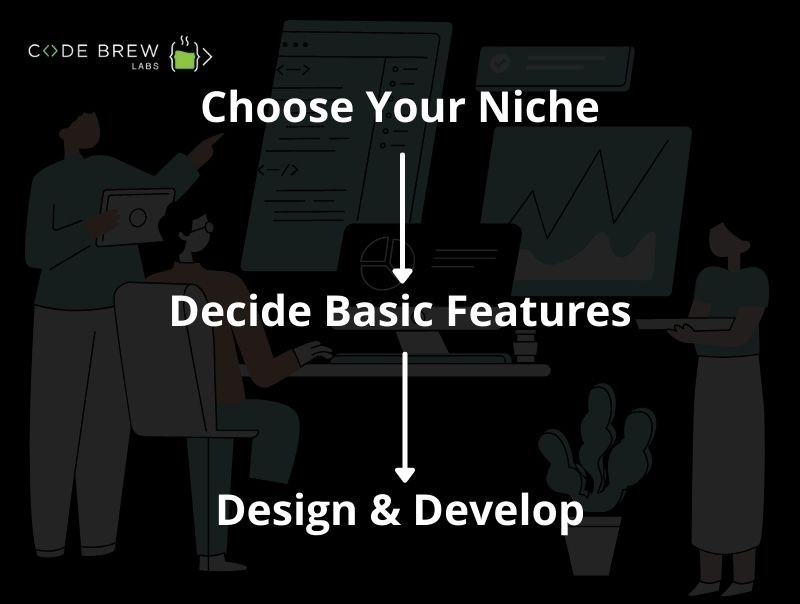
How many times have you considered launching your e-commerce marketplace app?
Table of Contents
Are you still not sure about taking your business online with an e-commerce app like Amazon or Walmart?
This years-old question has been answered by the shift in shopping dynamics during the E-CommerceCOVID-19 outbreak. The e-commerce market has seen light even in regions where it was never heard of and online purchase & delivery of products with on-demand e-commerce apps has become the new normal.
With changed consumer buying behavior, the time is right to ensure high sales and revenue with e-commerce mobile app development.
Table Of Contents
Launching e-commerce marketplace for yan our business requires investment. But rest assured, it offers high returns. Here are some compelling reasons to take your business online with e-commerce marketplace apps:
So, bring your business where your customers are – ONLINE!
Do you have an e-commerce idea? Let’s connect now!
Before starting to sell online, it is important to understand the business model behind an e-commerce app. This is essential to ensure smooth operations & profitability of your e-commerce business. There are six different types of e-commerce business models.
Types of e-commerce business models:

Different Types Of e-Commerce Business Models
Let’s discuss every e-commerce business model type in detail.
Business-to-business (B2B) e-commerce model: In case of B2B e-commerce business model, the e-commerce app helps one business in selling its products or services to another business. The seller is usually a service provider that helps in adding value to the business of the buyer company. This business model may be adopted by industries such as software development, HR services, customer service, etc. In B2B e-commerce model, the customer may be the end user or may use the product to add value to the services delivered to its customers.
What are benefits of B2B e-commerce?
Business-to-consumer (B2C) e-commerce model: What is B2C e-commerce model? It is the most common e-commerce model and mimics the traditional retail model where a business sells its products to consumers or end users of the products. It can be explained as online counterpart of traditional retail stores.
What are benefits of B2C e-commerce?
Consumer-to-consumer (C2C) e-commerce model: C2C business model aims at bringing the sellers and buyers closer to each other. It facilitates business between two private individuals, for example eBay business model that allows individuals to list their products on the e-commerce platform.
What are benefits of C2C e-commerce?
Consumer-to-business (C2B) e-commerce model: C2B e-commerce model is a new concept. In this e-commerce model, an individual sells its products or services to a business. Most common example of C2B e-commerce is freelance marketplace like UpWork.
What are benefits of C2B e-commerce?
Business-to-administration (B2A) e-commerce model: B2A e-commerce business model is implied to businesses whose clientele comprises of government or public administration only. B2A e-commerce includes services such as commissioning, social security or protection, financial services, etc.
Consumer-to-administration (C2A) e-commerce model: C2A e-commerce business model implicates the financial transactions that are made by consumers towards the administration or government.
Choose your e-commerce model and launch a robust e-commerce platform. Let’s connect now!
Generating revenue is the core essence & purpose of launching every business. When launching an e-commerce business, you can choose from different types of revenue models as per your business requirements.
There are five different types of e-commerce revenue models:
Sales Revenue Model: Sales revenue model is the most commonly followed e-commerce revenue model. In this case, the seller lists the products or services online and generates revenue when a purchase is made by the customer. It allows the seller to offer competitive prices and reach out to a global audience. This revenue model removes the need for middle man or third party vendors in the supply chain.
Advertising Revenue Model: This is an indirect method of generating revenue by placing advertisements on your e-commerce platform. The income structure for advertising revenue model is based on Pay-per-Click (PPC) or Pay-per-Lead (PPL).
Subscription Revenue Model: This is a popular revenue model, for example Netflix, Amazon Prime, etc. In this revenue model, the businesses charge a subscription fees to the customers to allow them access to unlimited services. The subscribers are required to pay the fees at regular intervals in order to continue using the benefits.
Transaction Fee Revenue Model: Transaction fee revenue model is based on charging a transaction fees to the customer (may be a seller) for every transaction made using the platform. For example, Paytm charges the sellers a transaction fee for every payment received using the Paytm payment gateway.
Affiliate Revenue Model: This revenue model uses the concept of commission. Allow businesses to affiliate with your e-commerce platform to redirect leads to their website or help increase their sales. A commission is earned for every lead generated for the affiliated business.
Do you want to earn high revenue with e-commerce platform? Let’s connect now!
Launching your e-commerce marketplace app is a stepwise process. Thorough research and planning will help in ensuring smooth & timely launch of your e-commerce app. Here is a step-by-step plan to help you launch your e-commerce app:

e-Commerce App Development
Decide your niche: e-Commerce apps have deepened their roots in multiple industries ranging from on-demand food or grocery delivery, freelancing marketplaces, beauty, home services, taxi dispatch, etc. The choice of niche should be relevant to your business. This becomes easier if you already own a bricks and mortar business as that lays the foundation of your e-commerce app. In case, you are launching a startup via e-commerce app, thoroughly research the market to identify a profitable niche. Some factors you need to consider for identifying a profitable niche –
Choose Basic Features: Market is brimming with e-commerce apps, so make sure that your e-commerce app offers comfort & convenience to attract users. Research about the features offered by other e-commerce apps in the market and then decide the features you want to offer in your e-commerce app. Some essential features you should include in your e-commerce app are:
Design & Development: The next step is to choose the design elements of your e-commerce app. Design elements should ensure easy navigation through the app and distinguish the keys or buttons clearly. Also choose the platforms that you would like to launch your e-commerce app on. This is a crucial step before starting the development of your e-commerce app for grocery and food and requires professional skills. An efficient alternative is to hire a professional e-commerce app development company who ahs knowledge of complete ecommerce or you can hire according to your business requirement, like if you want to have a online grocery app then you can hire sepcificlly a expert grocey app development company for your dream grocery app. The mobile app development companies offer complete support and launch assistance.
Do you want to convert your idea into an e-commerce app? Let’s connect now!
To stand out in the pool of e-commerce apps, your e-commerce app should include following key features:
Some of the other important features of successful e-commerce apps include synchronization, easy navigation, product filters, rating & feedback, real time analytics, etc.
Want to know more about essential features of e-commerce apps. Let’s connect now!
The cost to develop e-commerce marketplace app is governed by many factors such as:
The initial development cost may range from $8000 to $20,000 depending upon the location of developers.
Code Brew Labs offers an affordable alternative as it offers a ready-to-use solution which can be customized to suit your unique business needs. As most of the solution is already written, it helps in lowering the development cost and take to market time.
Do you want to launch your e-commerce marketplace? Want an exact quote for e-commerce app development? Let’s connect now!
